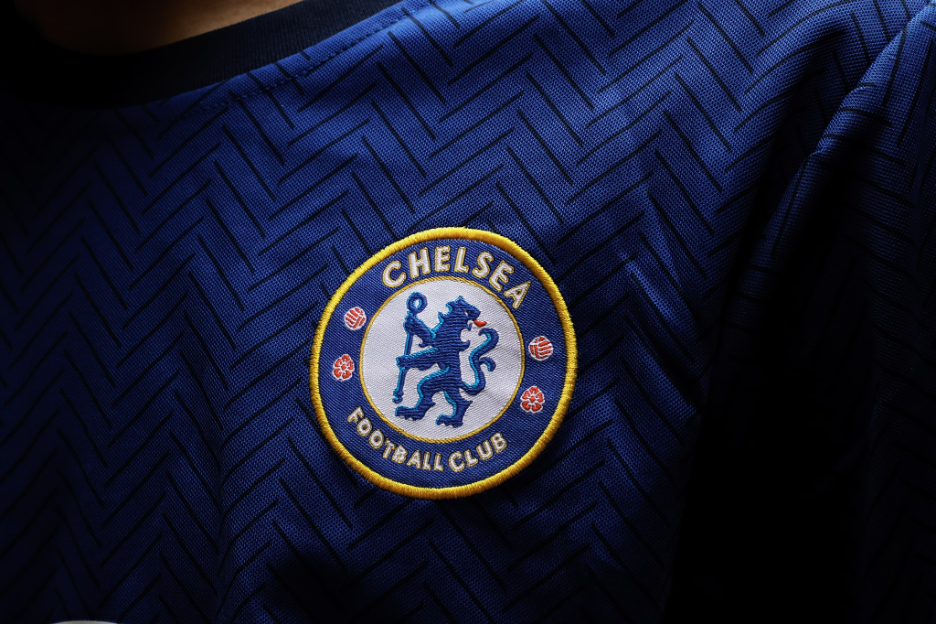Blogs
Chelsea, The Chameleon Club: Pragmatic Winners Through Constant Change

Chelsea’s identity is not a fixed painting, it is a rotating gallery. The squad evolves, the coach evolves, and the plan for Saturday often differs from the plan that won last month. Yet the aim remains stable. Compete in every competition, convert pressure into trophies, and keep the dressing room focused on the next ninety minutes, not the last press conference.
Chance, Choice, and Course Corrections
Supporters often compare the club’s decision making to a table of shifting odds, part calculation, part nerve. The dynamic feels closer to reading patterns in a fan tan game, where patience and timing outplay rash bets. Chelsea’s leadership tends to accept that not every signing hits, so they spread risk, trim losses quickly, and double down when a pairing of coach and core begins to click.
Ownership Shifts, Competitive Habit
Different ownership eras have introduced new languages and new priorities. Some years the club chased immediate impact, other years it focused on development. Through those pivots, the competitive habit persisted. Chelsea rarely permits a full reset. Instead, the staff protects a spine, moves around it, and hunts short windows where form, fitness, and fixtures align to create a run.
Recruitment as a Portfolio
The recruitment lens looks like portfolio management. Blend profiles that peak now with profiles that grow later. Sign players who can cover two positions, so injuries do not rewrite the season. Monitor wage structure to guard the room’s parity. When a path blocks, send a prospect on loan to gather minutes, then reassess with calmer eyes in summer.
Signals of a Season That Clicks
- Clean sheet count rises while chance creation stays steady.
- A wide player stretches the field, and a central runner cashes the space.
- Set pieces generate real points, not just pressure.
- A young academy product claims starts on merit.
- January adds depth without breaking rhythm.
- Late substitutions change game state, not only legs.
Managers as Translators, Not Just Tinkerers
Chelsea’s best seasons rarely depend on a single scheme. Coaches act as translators between squad traits and match demands. One week calls for a back three to stabilize rest defense. Another week invites a narrower midfield to crowd second balls. The method is pragmatic. Fit shape to personnel, not the other way around, then drill the small details until choices become reflex.
Cobham as a Shock Absorber
The academy serves as a pressure valve and a proving ground. Graduates arrive tactically literate, comfortable in multiple roles, and ready to absorb minutes when fixtures stack. They can lower transfer risk by filling specialist gaps. They can also raise standards by pushing expensive signings to earn their place. Internal competition becomes healthy rather than noisy.
Trade-offs Chelsea Handles Well
- Short-term tweaks, long-term identity.
- Star freedom, team clarity.
- Youth minutes, results urgency.
- Market opportunity, wage discipline.
- Tactical flexibility, set-piece routine.
Cup DNA and European Rhythm
Chelsea’s style often shines in knockout football. The squad is built to manage risk over two legs, to value away control, and to strike when the tie tilts. Big-match habits matter. Concentration on restarts, calm after conceding, and patience in minute 75 often decide spring nights. The club treats those moments like practiced skills rather than moods.
Contracts, Values, and Timing
Pragmatism extends to contracts. Renewals arrive before value slips. Sales take place while interest is real, not nostalgic. The goal is liquidity without panic. If a coaching fit changes, the squad profile can pivot quickly because commitments were not allowed to harden into anchors. This liquidity is not flashy, but it is why paths reopen after a misstep.
How It Looks From the Stands
To a supporter, Chelsea can feel restless in autumn and ruthless in spring. The price of flexibility is churn, yet the reward is relevance. The club rarely drifts far from silverware conversations. Even when form dips, there is usually a counterpunch: a role tweak, a youth promotion, a sharper set-piece scheme. The pattern is familiar, and it keeps hope rational.
What Tomorrow Likely Brings
Expect continued hybridity. A base of young, versatile players will anchor the medium term, while selective veterans add know-how. Tactical plans will remain modular, with clear defensive rules and attacking roles that rotate by opponent. The competitive target will not change. Chelsea will keep testing ideas, absorbing the lessons, and shaping a squad that can win now, while staying close enough to win again soon.

-

 Resources4 years ago
Resources4 years agoWhy Companies Must Adopt Digital Documents
-

 Resources3 years ago
Resources3 years agoA Guide to Pickleball: The Latest, Greatest Sport You Might Not Know, But Should!
-

 Resources8 months ago
Resources8 months ago50 Best AI Free Tools in 2025 (Tried & Tested)
-

 Guides2 years ago
Guides2 years agoGuest Posts: Everything You Should Know About Publishing It
